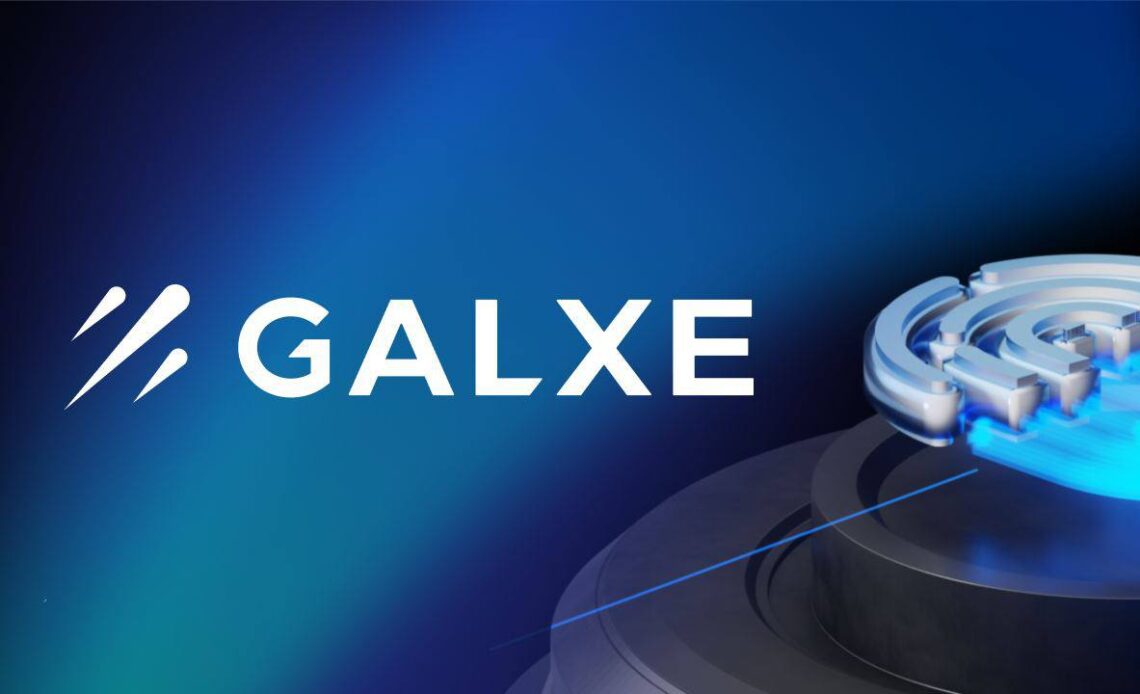Googling “What are online credentials?” is quite like taking a shot in the dark. Results may differ across the likes of “banking credentials”, or “one’s online username and password”. Although these versions are also correct, they only cover the very basics of online credentials. In a more expansive and elaborative sense, online credentials pertain to a user’s online behavioural patterns, looking at how they use an app, analysing different aspects such as how many hours they spend on certain features, which aspects of the app they use most, and so much more.
What Are Online Credentials Used For?
Online credentials can be used for a number of purposes, including targeted advertising, or the improvement of web app user experiences. The different data collected for these purposes include personal demographics (age, location, gender, etc) as well as behavioural patterns (locations visited, interaction with different pages, etc). With such a massive range of data being collected from individuals – corporations have access to a pool (or more so an ocean) of data, for the benefit of their business.
Who Owns Credentials and How is it Stored?
One would automatically assume that their own personal information that they add onto the likes of Instagram would be their own intellectual property. In fact – this cannot be further from the truth. As soon as a user signs up to a Web2 social media platform, the information that they have uploaded is now owned by the corporation in question. Unfortunately, through agreeing to the terms and conditions of these Web2 apps (which are more than often not read through by the users due to the thousands of pages), the user grants access to the corporation and is then left with little to no wiggle room when it comes to deciding who can or cannot use their online credentials, and how it is used.
Through this ownership, Meta is able to make billions through the use of personal data, making an estimated profit of $117.92 Billion in 2021, with an approximate 43% of this total revenue coming from North America (albeit only 10% of Meta users bring based in North America.) The benefit or rewards that users reap from sharing their personal data, helping Meta make billions? None. The simple gesture of being able to use an app such as Facebook, Instagram, or Whatsapp is what users get in return for their data.
Apart from the non-existent benefits for Web2 users when it comes to online…
Click Here to Read the Full Original Article at NewsBTC…
























